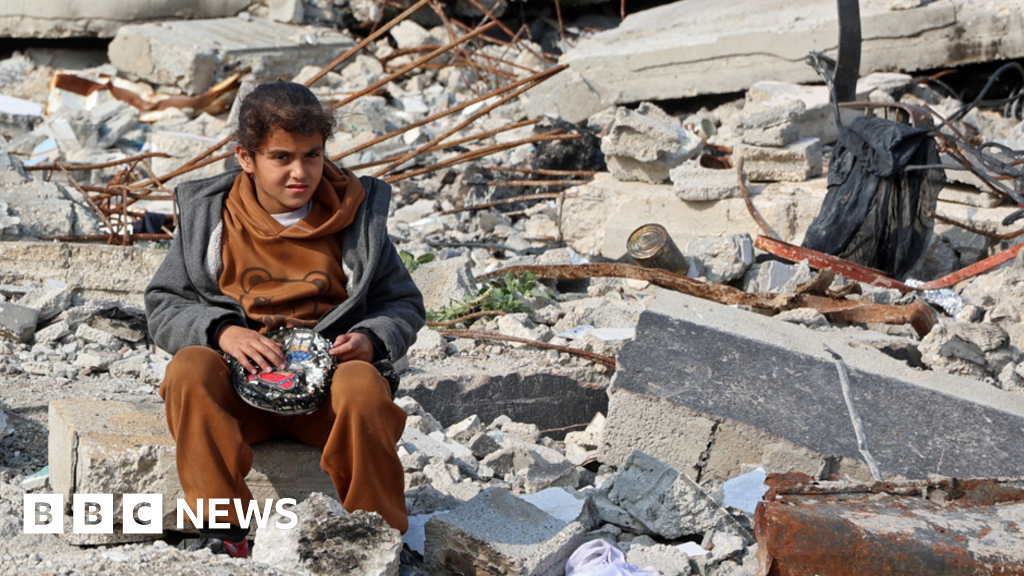**Israel and Hamas Negotiations: A New Hope for Peace**
After eight months of war, there is a growing hope that Israel and Hamas will agree on a ceasefire deal. Several things have changed since the last negotiations.
**US Pressure**
One reason for this new hope is the upcoming US presidential election. Donald Trump has warned that “all hell will break loose” if hostages are not released before his inauguration on January 20th. This pressure could mean that even the flimsy breaks in the Biden administration’s attempts to rein in the Israeli government will be lifted.
**Internal Pressures**
However, there is also internal pressure within Israel. The new US ambassador and President Trump himself have been supportive of Israel’s settlements on the occupied West Bank. But Benjamin Netanyahu, the Israeli prime minister, is facing opposition from his own coalition partners. Some far-right members, like Finance Minister Bezalel Smotrich, are against any deal with Hamas.
**Military Pressure**
The Israeli military establishment is also growing tired of the war. Top figures have reportedly challenged Netanyahu on the diminishing military goals of continuing the conflict after the death of top Hamas leaders and the decimation in Gaza.
**Regional Changes**
A third factor contributing to this new hope for peace is the weakening of Hamas’ allies in Iran’s “Axis of Resistance”. This includes Hezbollah and Bashar al-Assad. All these reasons make it clear that now is a good time to bring peace between Israel and Hamas.
**Gaps Remain**
The main issue remains the same as during previous negotiations: the direct conflict between Hamas’ desire to end the conflict and Israel’s desire to keep the possibility of a resumption open. The deal, outlined by Joe Biden in May, is divided into three phases, but it’s unclear how to administer the territory Israel would withdraw from.
**Encouraging Signs**
Despite these challenges, there are encouraging signs. Netanyahu has sent key officials to the Doha talks, and Qadoura Fares, the Palestinian detainee coordinator, has also left for Doha. The deal is still not done, but it’s generating new hopes in part because the negotiations are taking place within a new context with increasing pressures from both key allies and internal stakeholders.
Read More @ www.bbc.com













